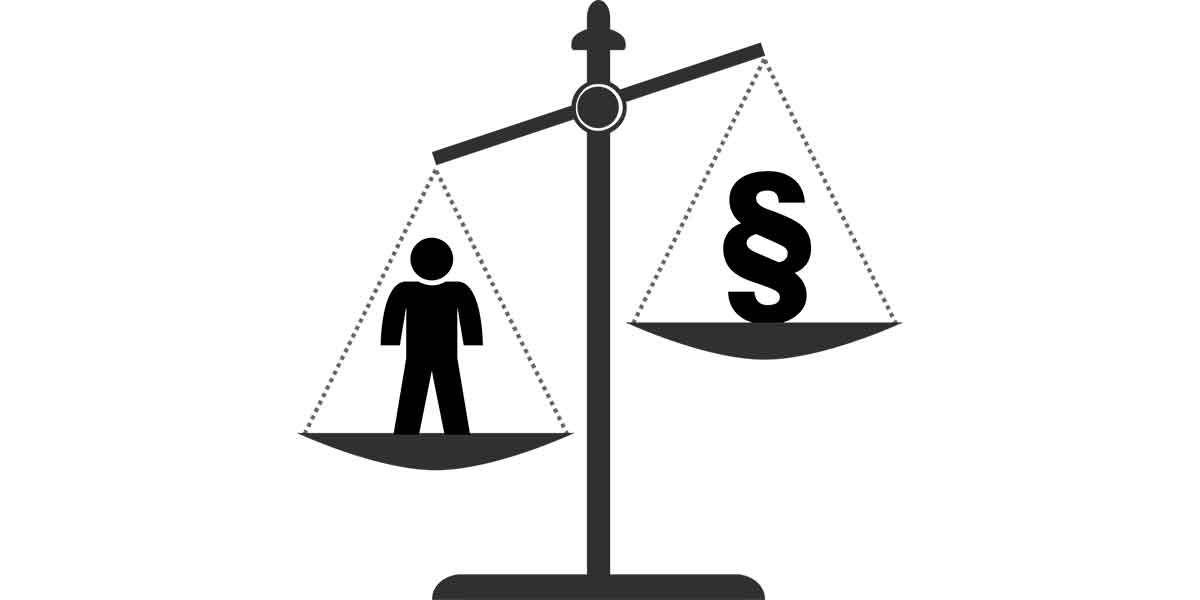Estate planning involves strategizing the management and distribution of an individual’s assets posthumously. Upon a person’s death, all their possessions collectively form their estate, which is then passed on to their designated beneficiaries and heirs.
Key components of estate planning include drafting a will, establishing trusts, or making charitable donations. The decedent’s estate is allocated according to the directives specified in these legal documents.
When a will is involved, the decedent typically appoints an executor. This executor is tasked with overseeing the probate process, ensuring the will’s instructions are carried out, and managing all related activities. The executor plays a crucial role in distributing the decedent’s estate.
During estate planning, it’s essential to consider potential estate taxes that heirs might incur. To mitigate this burden, individuals can create trusts or make charitable donations.
For a comprehensive estate plan, one must be well-versed in various aspects of estate planning:
Understanding Wills in Estate Planning
A will is a legal document that outlines an individual’s wishes regarding the distribution of their assets after death. It serves as a guide for managing and handling the decedent’s estate.
The testator, or the person who creates the will, names an executor responsible for administering the estate. This executor should be someone capable of efficiently executing the required tasks.
The probate process, facilitated by the court and the executor, verifies the will’s authenticity before proceeding with its execution.
The Role of a Competent Executor
Being an executor is a demanding role, so it’s advisable to choose someone who is both efficient and knowledgeable. If the executor lacks expertise, they should consider hiring a probate attorney to assist with the process.
The executor must inventory all the decedent’s assets and appraise them based on current market values to determine the estate’s total worth.
These funds are then used to settle the decedent’s debts and taxes. Once all obligations are met, the remaining assets are distributed to the heirs and beneficiaries.
Creditors with outstanding claims must notify the executor within a specified timeframe to be eligible for repayment.
Tax Considerations in Estate Planning
Taxes can significantly diminish the value of the assets left to heirs and beneficiaries. Therefore, estate planners should explore various strategies to minimize tax liabilities, such as:
- Trusts: Establishing trusts can help distribute the decedent’s assets to named individuals while avoiding certain taxes.
- Education Funding Strategies: Allocating funds for children’s future education during the planner’s lifetime can prevent these funds from being heavily taxed after death.
- Charitable Contributions: Making charitable donations while alive can reduce the estate’s value, thereby lowering tax liabilities.
The Importance of Life Insurance in Estate Planning
Life insurance can be a valuable tool in estate planning. Properly structured life insurance policies can provide funds to cover any outstanding taxes upon the decedent’s death.
Proceeds from life insurance are typically tax-free, which can help preserve the estate’s value for heirs and beneficiaries.
Thus, having life insurance is crucial for protecting assets from being depleted by debts after the planner’s death.
Conclusion
effective estate planning ensures a smooth and burden-free transfer of assets to heirs. By planning ahead, individuals can secure their family’s financial future and minimize potential complications after their death. Every family can benefit from a well-structured estate plan.




